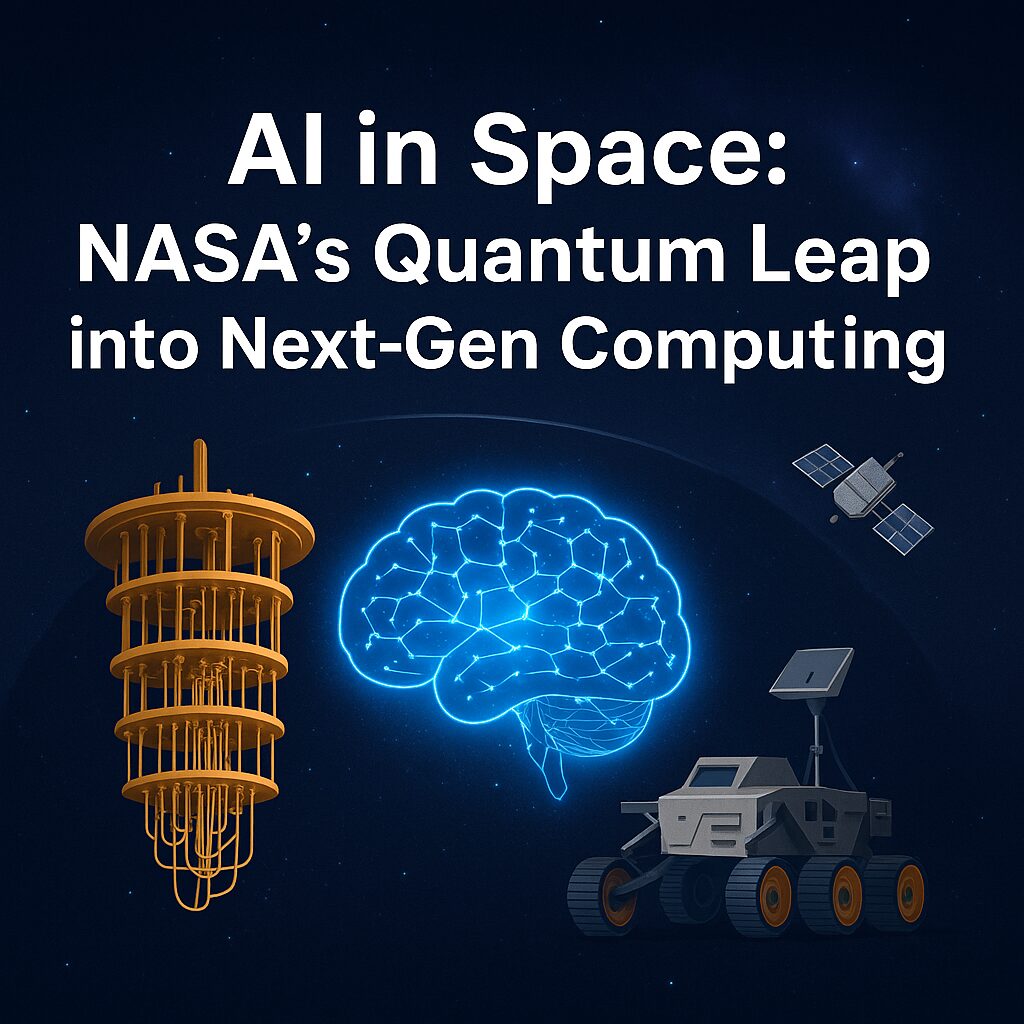AI-Generated Influencers Earning $20M Annually: The Future of Fame
Introduction
In 2025, the influencer economy has evolved beyond human creators. Enter the era of AI-generated influencers—digital personas crafted by algorithms, powered by generative models, and monetized through brand deals, virtual content, and synthetic storytelling. These virtual influencers are now earning upwards of $20 million annually, rivaling their human counterparts in reach, engagement, and profitability.
This article explores how AI influencers are reshaping the creator economy, why brands are investing heavily in them, and what it means for the future of digital marketing.
🧠 What Are AI-Generated Influencers?
AI-generated influencers are virtual personalities created using:
- Generative AI models (text, image, and video)
- Deep learning for facial expressions and voice synthesis
- Behavioral algorithms to simulate personality traits
- Social media automation for content scheduling and engagement
They exist entirely online, yet they interact with millions of followers across platforms like Instagram, TikTok, and YouTube.
💰 How AI Influencers Earn $20M+ Annually
These digital stars generate revenue through:
| Revenue Stream | Description |
|---|---|
| 📢 Brand Sponsorships | AI influencers promote fashion, tech, and lifestyle products |
| 🛍️ Virtual Merchandising | Selling digital goods, NFTs, and avatar skins |
| 🎮 Gaming & Metaverse Deals | Appearances in virtual worlds and branded experiences |
| 📈 Affiliate Marketing | Driving traffic and conversions through personalized links |
| 🎥 Synthetic Content | Monetized videos, livestreams, and interactive storytelling |
According to recent reports, top AI influencers are pulling in $20 million annually, with some rivaling the earnings of human creators like MrBeast and Khaby Lame.
🌍 Why Brands Love AI Influencers
AI influencers offer unique advantages:
- 🧠 Consistency: No scandals, no sick days, no unpredictability
- 🎯 Precision Targeting: Algorithms tailor content to audience segments
- 🧮 Scalable Content: AI can produce thousands of assets across platforms
- 🛡️ Brand Safety: Controlled messaging and risk-free collaborations
- 🌐 Global Reach: Multilingual, culturally adaptive personas
In 2025, over 91% of creators are using generative AI to scale content production—and brands are following suit.
📊 The Creator Economy in 2025
| Metric | Value (2025) |
|---|---|
| 🌐 Global Market Size | $250 billion, projected to reach $500B by 2027 |
| 👥 Active Creators | 207 million worldwide |
| 💸 Top Creator Earnings | $85M (MrBeast), $45M (Dhar Mann), $20M+ (AI influencers) |
| 📈 AI Adoption Rate | 91% of creators use AI tools |
The line between human and synthetic influence is blurring—and the market is booming.
⚠️ Ethical and Social Implications
While AI influencers offer efficiency and scale, they raise important questions:
- 🤖 Authenticity: Can followers trust a synthetic persona?
- 🧑🎨 Creator Displacement: Will AI replace human influencers?
- 🔐 Data Privacy: How are user interactions with AI influencers stored and used?
- ⚖️ Regulation: Who governs virtual personalities and their earnings?
As the creator economy matures, these issues will shape the next wave of digital ethics.
🔍 SEO Tips for Content Creators
✅ High-Impact Keywords
- “AI-generated influencers 2025”
- “virtual influencer earnings”
- “synthetic content creators”
- “AI in influencer marketing”
✅ Metadata Optimization
- Meta Title: “AI-Generated Influencers Earning $20M Annually: The Future of Fame”
- Meta Description: “Explore how virtual influencers are earning millions through brand deals, synthetic content, and AI-driven engagement.”
✅ Structured Formatting
- Use headings, tables, and bullet points for readability
- Include alt text for visuals (e.g., “AI influencer avatar promoting fashion brand”)
Conclusion
AI-generated influencers are no longer a novelty—they’re a dominant force in the creator economy. With multimillion-dollar earnings, global reach, and algorithmic precision, these virtual personalities are redefining what it means to be influential.
In the race for attention, the future belongs not just to the charismatic—but to the computational.

